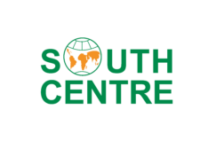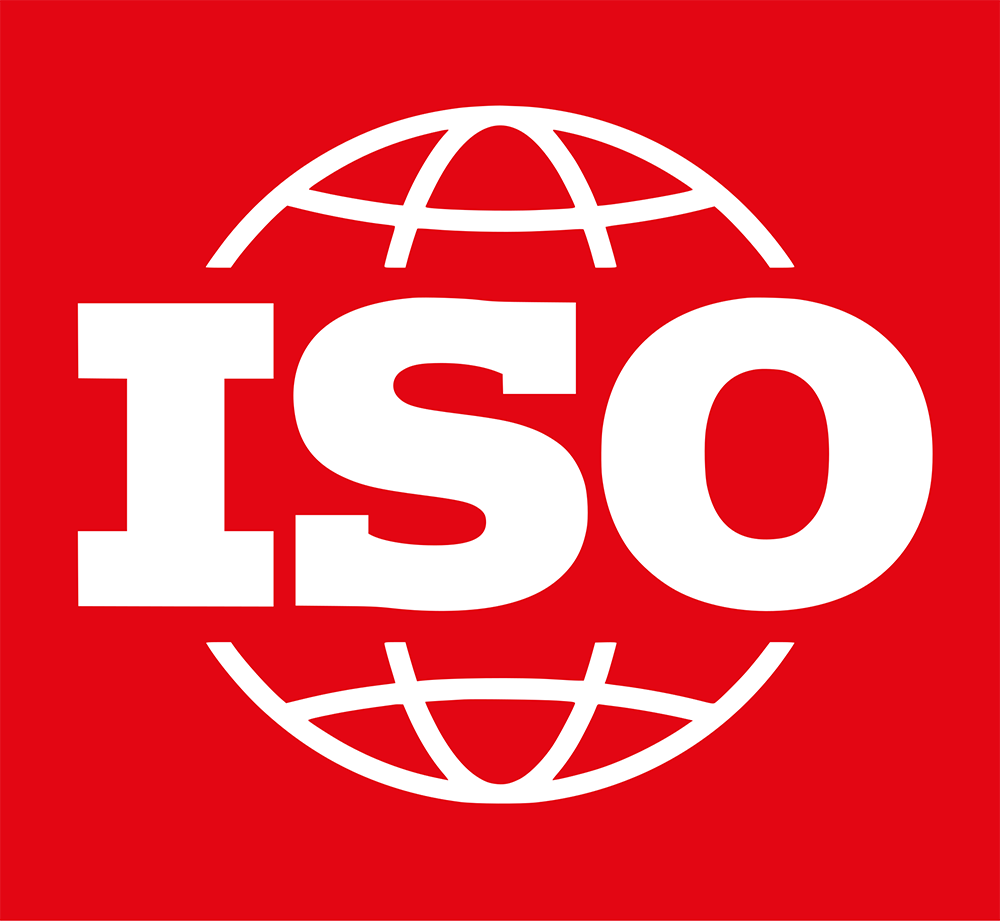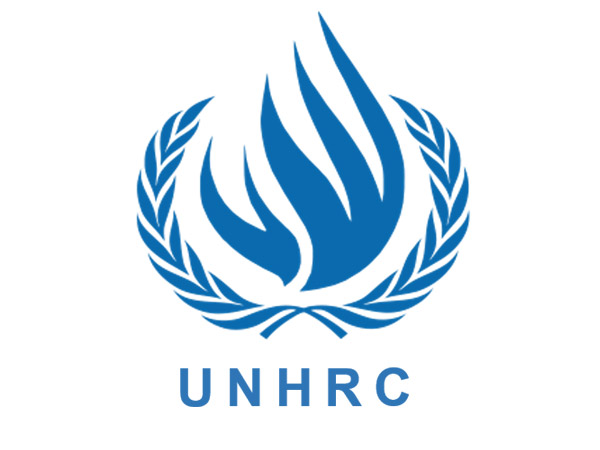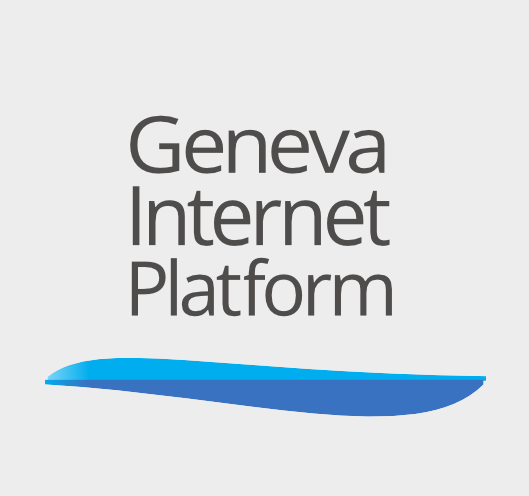Acronym: UNHCR
Established: 1950
Address: Rue de Montbrillant 94, 1201 Genève, Switzerland
Website: https://www.unhcr.org/
Stakeholder group: International and regional organisations
Established in 1950 after the end of WWII, the United Nations High Commissioner for Refugees is a UN agency mandated to help and protect refugees, internally displaced and stateless people, and to assist in their voluntary repatriation, local integration or resettlement to a third country.
Whereas the majority of its activities take place in the field (given that 90% of its staff is based on the ground) and include, among other things, the provision of protection, shelter, emergency relief, and repatriation, it also works with national political, economic and social actors in order to ensure that refugee policies are enacted and laws are compliant with international frameworks. In addition, the organisation also takes on advocacy activities where it works with governments, non-government actors in order to promote practices and provide assistance to those in need.
As recognition for its work, in 1954, the UNHCR was awarded the Nobel Peace Prize.
Digital activities
The UNHCR’s digital activities centre around its core objective – to aid refugees and displaced persons. The organisation, therefore, has been very active in the area of digital inclusion and digital identity. In this context, the UNHCR, for instance, looks for ways how digital identity can facilitate protection and empowerment of refugees and asylum-seekers. In addition, the Refugee agency has conducted substantial work in the field of privacy and data protection and transition to online learning to ensure the right to education.
Digital policy issues
- Digital identities
-
To promote the inclusion of refugees, internally displaced persons (IDPs), stateless persons and other vulnerable individuals, the UNHCR focuses a part of its work on digital identity. Within this scope, it published in 2018 its “UNHCR Strategy on Digital Identity and Inclusion”. In this document, the UNHCR defines the challenges faced by individuals, in particular, foreigners, migrants, asylum seekers and refugees who lack their legal identity papers. It highlights the advantages brought about by digitalisation and defines three main objectives for achieving the digital inclusion and digital identity: 1) Empower refugees, stateless and forcibly displaced persons to access, among other things, the job market, education and financial services; 2) strengthen states’ capacity to register and document all individuals living on their respective territories and ensure conformity with international standards of data security and privacy; 3) improve service delivery (e.g. delivery of legal and protection) through the use of the Internet and mobile technologies.
From a practical point of view, the Refugee Agency uses Population Registration and Identity Management Ecosystem (PRIMES) which gathers UNHCR’s digital registration, identity management and case management tools into a single internally connected and interoperable ecosystem. The tool makes use of personal information including biographic and biometric data, to provide necessary assistance, protection and services to protection to refugees and other displaced populations.
- Online education
-
Online learning plays also features in UNHCR’s work. In a recent publication titled ‘Supporting Continued Access to Education during COVID-19’, the UNHCR underscored its vital role in advocating for and ensuring the inclusion of refugees in national response plans to ensure the continuity of learning. The document sheds light on some of the activities that it has undertaken in light of the health crisis, including, the launch of online learning platforms in Jordan as well as related education programmes in Uganda.
In the broader context of online education, in its ‘Education 2030: A Strategy for Refugee Inclusion’, the UNHCR highlights the increasingly important role played by digital technologies and proposes the strengthening of policies and practices to promote the development of digital and transferable skills through connected and blended learning
methods. Keeping within the broader approach, in 2016, the UNHCR, together with Arizona State University, initiated the Connected Learning in Crisis Consortium (CLCC). The objective of the initiative is to promote, coordinate and support the provision of quality higher education in contexts of conflict, crisis and displacement through Connected Learning that thanks to the use of information technology combine face-to-face and online learning.
To pursue its action in the domain of access to education, the Refugee Agency runs several platforms. To illustrate, its online platform ‘UNHCR Opportunities’ allows refugees, IDPs and other displaced persons to find accredited higher education academic or scholarship programmes that have been verified by UNHCR. The ‘Learn and Connect’ portal enables UNHCR staff and partners to access a comprehensive set of learning activities.
- Sustainable development
-
The UNHCR is firmly committed to achieving the 2030 Agenda for Sustainable Development. The interplay between digital and development is evident in the Agency’s contributions in the field of digital inclusion. To this end, the UNHCR has published the above-mentioned ‘Strategy on Digital Identity and Inclusion’.
The Agency has also developed Digital Access, Inclusion and Participation programme, to ensure that refugees and other displaced communities have access to digital technology and connectivity, and increasing their participation in Agency’s work. UNHCR’s Innovation Service leads the programme.
In 2018, the UNHCR launched the Global Compact for Refugees, a framework for more equitable responsibility-sharing, noting that sustainable solutions to refugee situations cannot be realised without international cooperation. Therefore, it sets out four key objectives: to ease the pressures on host countries, enhance refugee self-reliance, expand access to third-country solutions, and support conditions in countries of origin for return in safety and dignity. Moreover, the Agency developed a digital platform for the Global Compact on Refugees, which enables the sharing of experiences and knowledge on the implementation of the Global Compact for Refugees.
The UNHCR has also worked with students and young people to raise awareness on many challenges faced by refugees. For instance, the Agency has launched ‘The MUN Refugee Challenge’ to encourage students worldwide to debate on and shape solutions to numerous refugee crises.
- Privacy and data protection
-
The UNHCR has been very vocal in the area of data protection, emphasising that ‘Data protection is part and parcel of refugee protection’. Since 2015, the Refugee agency has its own Data protection policy. The Policy is accompanied by the ‘Guidance on the Protection of Personal Data of Persons of Concern to UNHCR’, published in 2018, with the aim of assisting the UNHCR personnel in the application and interpretation of the above Policy.
The Refugee agency has recently published a ‘Data Transformation Strategy 2020-2025’ aimed at strengthening its role as a leading authority on data and information related to forcibly displaced and stateless persons.











Social media channels
Facebook @South Centre
Instagram @southcentre_gva
LinkedIn @South Centre, Geneva
X @South_Centre
YouTube @SouthCentre GVA